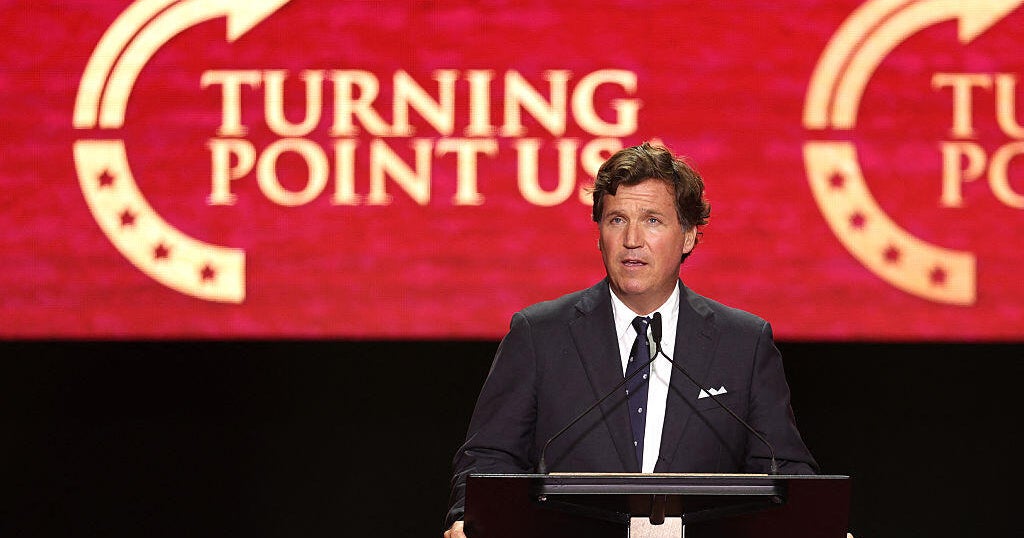
The Trump administration has declared that the United States is engaged in an “armed conflict” with drug cartels, a claim that has raised significant concern and debate among lawmakers and legal experts. This assertion follows a controversial military action last month, during which U.S. forces killed at least 17 individuals aboard boats believed to be affiliated with drug trafficking operations.
In a letter sent to multiple congressional committees, first reported by the New York Times, the administration characterized drug cartels as “nonstate armed groups” that are purportedly launching “an armed attack against the United States.” This designation allows the administration to frame its military operations against these groups as a “non-international armed conflict,” which would grant it sweeping wartime powers to engage cartel members without the usual constraints that govern military action.
Critics are concerned that this rhetoric and the accompanying military actions represent a dangerous expansion of executive power. By labeling the cartels as entities engaged in armed conflict, the administration gains the ability to conduct operations that include the killing and detaining of cartel members, potentially without the oversight typically required in military engagements.
This escalation in the administration’s approach to drug cartels is not unprecedented. Since January, the Trump administration has intensified its efforts against these organizations, notably designating the Venezuelan gang Tren de Aragua as a foreign terrorist organization. This classification was accompanied by a series of military actions, including a strike in September against what were described as three “drug boats” linked to Tren de Aragua, resulting in the deaths of their occupants.
The timing of this declaration of armed conflict raises questions about its legitimacy. Legal experts argue that the term “armed conflict” holds a specific definition under international law, one that does not accurately reflect the current situation in the Caribbean. The administration’s attempts to retroactively justify military strikes against these groups have been met with skepticism, as many see this as a maneuver to legitimize actions that may otherwise be considered unlawful.
Additionally, this is not the first instance in which the Trump administration has sought to portray the U.S. as engaged in a war-like stance against drug cartels. Earlier this year, President Trump attempted to invoke the Alien Enemies Act to facilitate the deportation of Venezuelan immigrants he claimed had ties to Tren de Aragua. This effort was met with legal challenges, and the litigation surrounding the case remains ongoing.
The broader implications of this rhetoric are concerning. Trump appears to be pushing the boundaries of military engagement, suggesting that U.S. cities could even serve as “training grounds” for military operations. This move raises alarms about the militarization of domestic policy and the potential for increased military presence in civilian life.
In summary, while the Trump administration claims the U.S. is at war with drug cartels, this assertion reflects a significant shift in how the government interprets its military powers. As lawmakers and the public grapple with the implications of this declaration, the ongoing debate about the balance between national security and civil liberties continues to intensify. The landscape surrounding U.S. drug policy and military engagement is evolving, and it remains to be seen how these developments will shape the future of both domestic and foreign policy.


